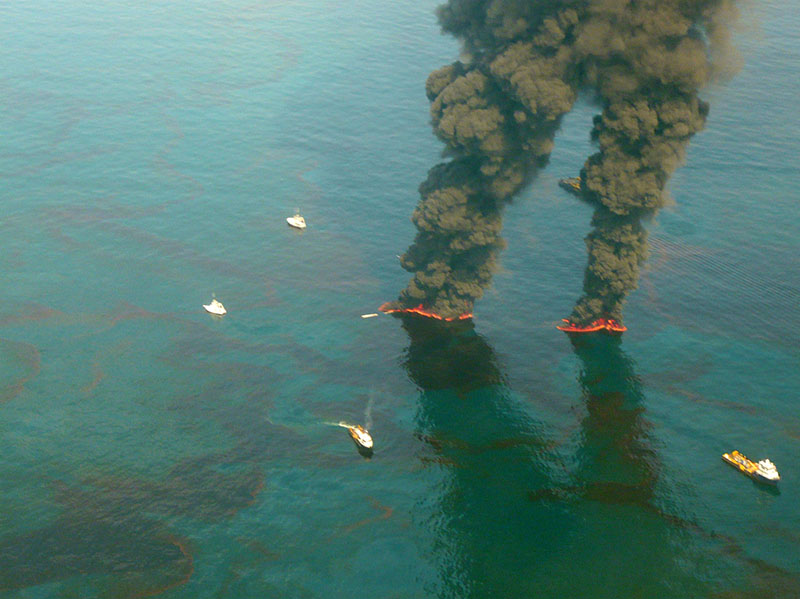Yesterday, producers would gladly have taken a dime for a barrel of oil, given the historical price crash. For the first time ever, oil traded at a negative $37.63 a barrel price. That means producers paid people to take the oil, since there was no storage available. The media jumped on the market turmoil.
Negative oil prices may make for good headlines, but it doesn’t tell us much, if anything, about the future. The industry needs help with the future. It needs to understand what its customers will be doing later this year and thereafter.
While West Texas Intermediate oil was trading in negative territory, the May 2021 futures contract, a year from now, is worth over $35 bbl. Is that a more meaningful guide for the offshore industry? Yes. But even at that price, offshore exploration and development remains challenged on profitability. Confidence about future profitability is what drives producers’ new drilling and development work.
With the industry in suspended animation, yesterday also marked the 10th anniversary of the BP Macondo disaster. The workers’ deaths were sad and regrettable, and the coastal harm lingers as well as the financial pain. A business columnist for the Houston Chronicle says there is no rule the offshore industry could ever adopt that could make drilling foolproof, so he proposes to permanently end new deepwater drilling. As he put it, “The Coronavirus Recession and the global oil glut prove we can do it.” Today reflects an aberration for the industry, not a permanent ending. The idea of wind power replacing oil is wrong on its economics, let alone failing to address how the wind turbines would be built without products derived from oil and gas.
Does “losing” the support of the chief business opinion writer in the oil industry’s capital city mark a watershed, much as Lyndon Johnson found out when he “lost” America’s most trusted newsman, Walter Cronkite, over the fate of the Vietnam war? A liberal slam against the oil and gas industry is not a realistic roadmap for the future, besides the harm it would do to society’s well-being.
Shutting down the economy to fight the coronavirus is devastating the industry. Offshore producers have been forced to reduce activity, terminate drilling and vessel contracts, and delay FIDs (final investment decisions) for new projects. These actions mean offshore service company bankruptcies will increase, especially by summer. Financial restructuring negotiations are already underway throughout the industry.
The great reset for the industry is underway. It will take time to shrink the industry and it will be painful. On the other side of the current abyss will be a smaller, but more solidly financed industry, likely sporting an even greater international flavor. Remember, the oceans represent the largest and least explored frontier for the global energy industry. That is the sunlight, which will eventually lift the current black clouds enveloping the industry.




